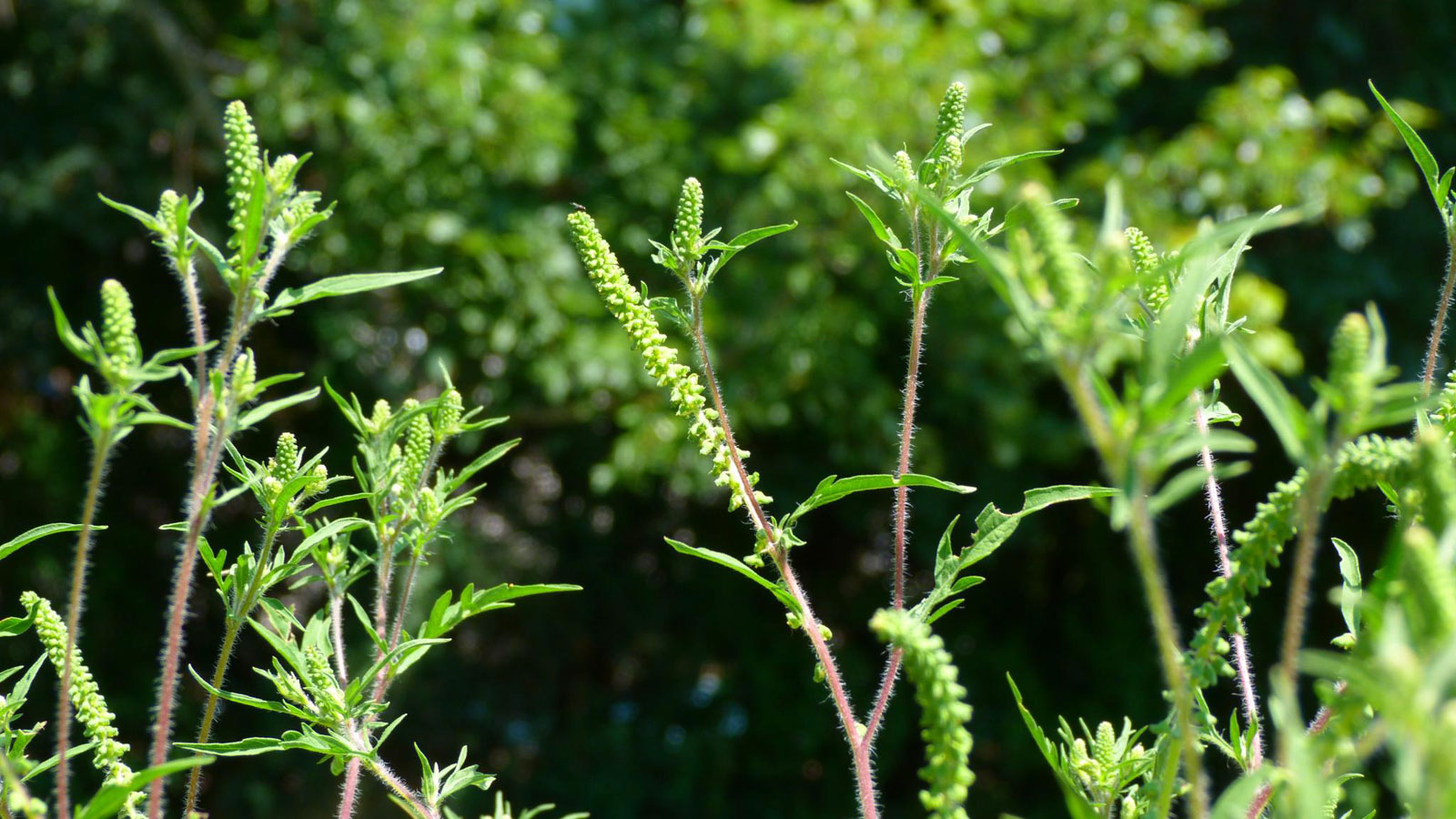For many people, the fall means colorful leaves, cozy sweaters, pumpkin spice … and allergies.
In late summer and fall, ragweed blooms and releases pollen into the air.
“It affects our eyes, our nose, gets into our mouth,” says Linda Walden, a family physician in Cairo, Georgia.
She says the pollen triggers an inflammatory response in the body, with symptoms ranging from itchy eyes and a runny nose to congestion.
“It can also worsen asthma, especially in children and older adults, and it can cause worsening of COPD,” she says.
And climate change is making the problem worse. When temperatures are warm and there’s more carbon dioxide in the air, ragweed produces more pollen. Meanwhile, ragweed seasons are getting longer.
So to protect yourself, Walden suggests staying inside on dry, windy days when the pollen count is high.
“If you have to get out, definitely wear a hat or sunglasses to keep it from getting it all into your hair or your eyes,” she says.
She says the masks that protect against COVID-19 can also help keep pollen out of your mouth and nose.
And for allergy sufferers, medications such as antihistamines may provide relief so they can better enjoy the beauty of fall.
Reporting credit: ChaveBart Digital Media
Source link


